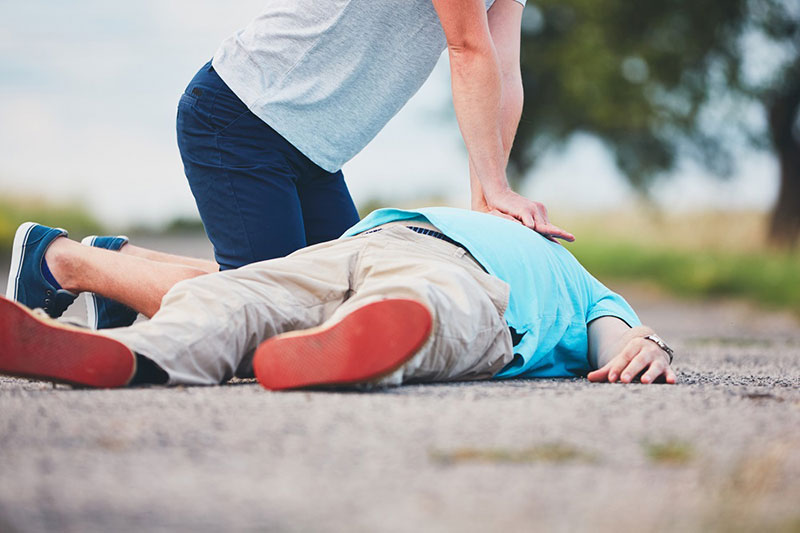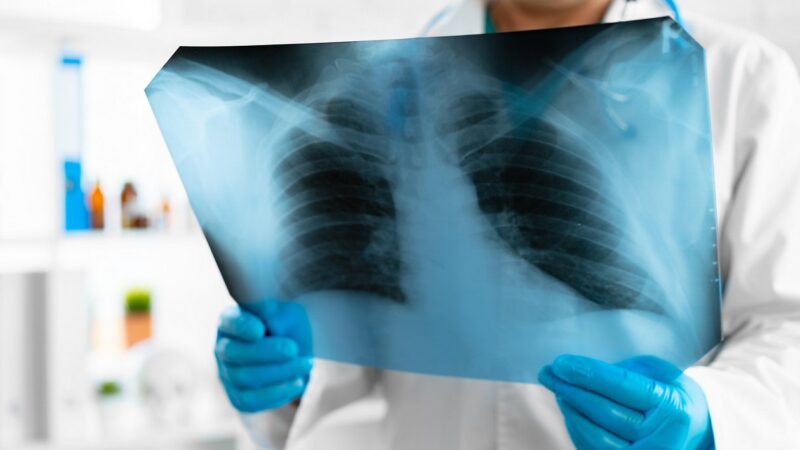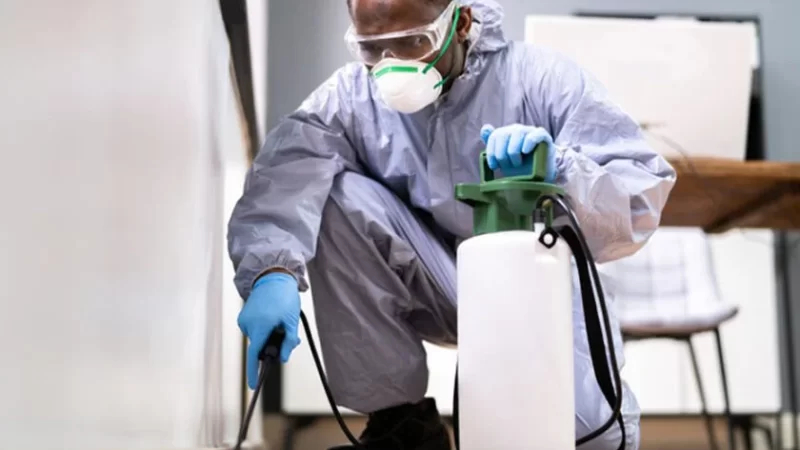What to do in a heart emergency?

A heart attack occurs due to a blockage in the coronary artery, which restricts the supply of oxygen-rich blood to the heart. When this happens, the heart muscle starts to decompose, causing permanent damage to the heart. One cannot ignore the signs of discomfort such as a sudden tight band of pain around your chest, as your body is warning of an impending attack.
Getting familiar with the symptoms of heart attack is essential for everyone. These symptoms may come and go, or appear suddenly with the cluster of signs altogether, which include;
- Chest pain, tightness, or pressure
- Suppressing discomfort to your arms, neck, jaw, or abdomen
- Shortness of breath
- Sudden sweating
- Dizziness or unconsciousness
- Nausea or vomiting
- Unexplained fatigue
With women, adults, or people with high blood pressure and diabetes, it may not be necessary to find the typical symptoms of typical chest pain or breathlessness. However, watch out for other prominent symptoms such as fatigue, sweating, nausea, pain in the jaw and shoulder, besides mild chest discomfort.
Surviving a heart attack is not easy. It is necessary to act fast and respond with the right treatment during the crucial hours. One needs to reach the hospital as soon as possible.
Always be prepared for a heart attack:
The experience of suffering a heart attack varies from person to person. Some people might have a gripping chest pain that turns out to be fatal and others may experience debilitating pain, or some other kinds of discomfort, such as heartburn, fatigue, breathlessness, and so on.
You cannot wait for the symptoms to worsen or the situation may get out of hand. Be aware of nearby cardiac care services and 24×7 emergency numbers. If you are alone, reach out to friends or neighbours, who can provide immediate medical attention.
DO’s
As suggested by cardiologists of one of the top super specialty hospitals, AMRI Hospitals, one must be equipped to handle such critical situations, as it can save someone’s life.
- If you think a person near you is having a heart attack, make him/her sit in a resting position, try to maintain peace and calm, and help to loosen any tight clothing. Don’t panic or show signs of agitation in front of the patient.
- Call up emergency healthcare services as soon as possible or drive straight to the hospital without taking much time
- Also note that taking an aspirin (325 mg) can keep an impending heart attack from occurring. It also prevents the severe damage caused by a heart attack by thinning the blood and breaking the clots into smaller sizes
- If someone falls unconscious or unresponsive, begin with the basic CPR practice and call the nearest medical emergency centre
- Communicate with the person suffering a heart attack and find out if he/she is already prescribed any chest pain medicine, such as nitroglycerin, known for dealing with heart conditions. These medications are not to be given without a prescription
- With children or young people, you can try performing a minute of CPR, but don’t take it lightly. It is best to call for emergency ambulance services







